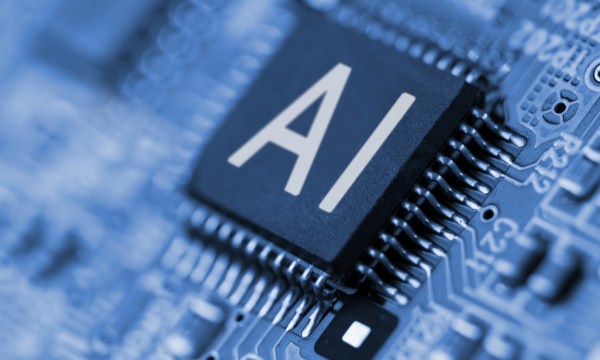People commonly link superintelligence with chess champions or scientific researchers. When delving into the realm of science fiction, artificial intelligence (AI) inevitably emerges as a central theme. This fusion of concepts captured considerable attention approximately 30 years ago, notably in 1997, during the historic match where Gary Kasparov, the reigning world chess champion, was bested by IBM’s Deep Blue computer model.
In the present day, even the most proficient human chess players find themselves outmatched by AI-driven programs. For example, Stockfish, a leading game program, boasts an Elo score that surpasses Magnus Carlsen, the current top-ranked player worldwide. Nevertheless, these game programs have yet to transcend the intellectual prowess of the most skilled human grandmasters in terms of grasping abstract concepts, devising strategies, or utilizing fundamental reasoning abilities and extensive cultural insights.
The evolution of game engines that excel through adherence to algorithmic principles rather than human-like cognitive processes underscores the distinct disparity between AI capabilities and human cognitive functions. While headlines often highlight AI advancements and ambitions for self-awareness and superintelligence, the practical applications in business tend to align more closely with the specialized functionality exhibited by game programs. These applications are progressively advancing to address specific domains, prioritizing practical utility over speculative notions of superintelligence.
The future landscape of AI in business is primed for a multitude of diverse and specialized applications tailored to unique requirements, diverging from the singular all-powerful AI archetype. Companies such as OpenAI are exploring avenues like tailored AI chatbots for specific functions while also striving to develop a comprehensive artificial general intelligence (AGI) model that transcends human cognitive boundaries.
The forthcoming AI ecosystem is envisioned to reflect a democratic and economically varied environment, akin to the current business terrain. To navigate this evolving landscape effectively, businesses are encouraged to explore targeted AI use cases rather than embracing broad, all-encompassing strategies. Incremental adoption and industry-specific AI solutions are pivotal in harnessing the technology for optimal outcomes.
Addressing routine operational bottlenecks through AI integration, particularly in tasks characterized by repetition and predictability, offers substantial advantages for businesses. Areas like payment processing and fraud detection exemplify immediate potential for AI-driven efficiencies. By streamlining manual payment processing tasks and enhancing fraud prevention mechanisms through AI interventions, businesses can realize significant benefits, promoting smoother operations and fortifying security measures within the ecosystem.






